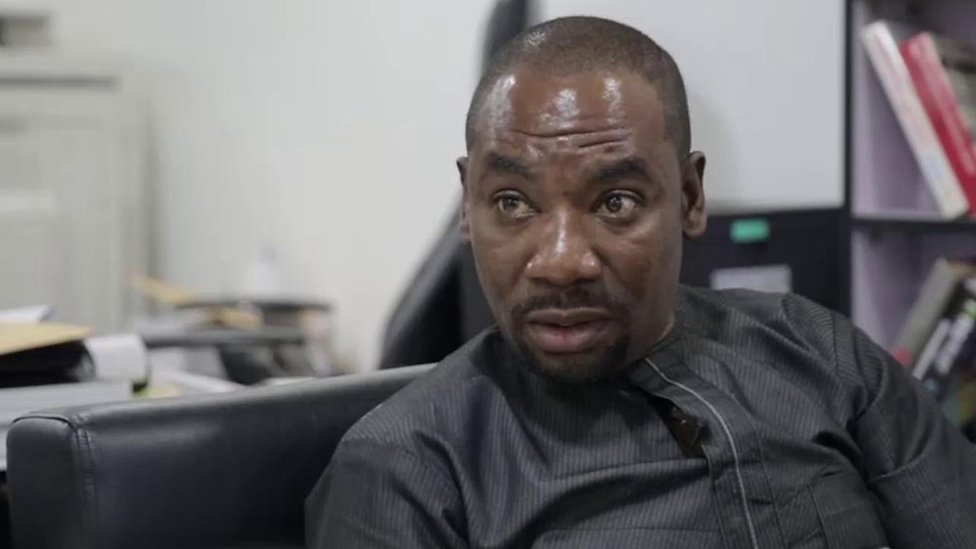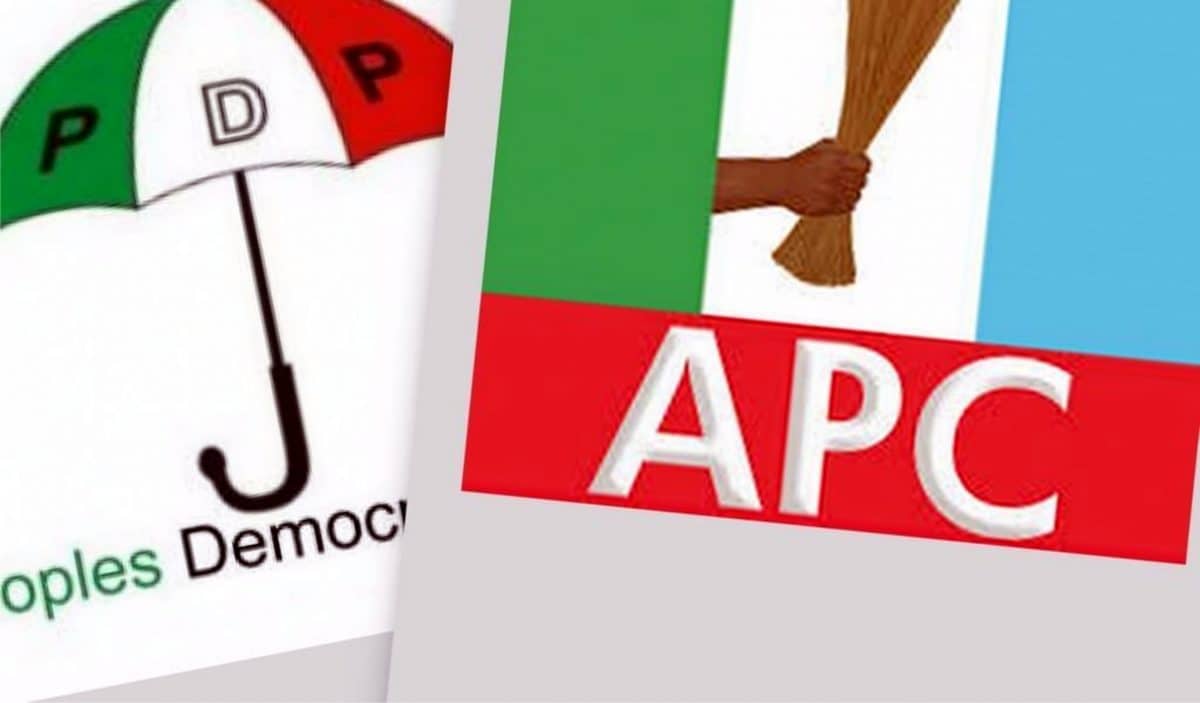ABUJA – Identifying and knowledge of one’s culture as a child is paramount to self realization. Thus, having knowledge of other people’ culture is an added advantage to the formation and overall development of the growing child which opens the mind to the understanding of different cultures.
This will no doubt forge the spirit of unity and coexistence devoid of unnecessary strives that cause fighting and war.
Towards this realization, Hope-Jon International School organised it’s 2025 Cultural Day celebration on Saturday to showcase culture in the six geo-political zones in Nigeria, North Central, North East/West, South West, South South and South East.
The pupils and students including parents all adorned in their cultural atires to give the day it’s true meaning.
Also, food and drinks as well as dances associated with the six geo-political zones were on display in the various presentations by the pupils and students..
Speaking at the occasion, the Chairman of the school, Rtd Major General John Nwaoga said the day is set aside for the pupils and students to know their culture. He said the school which started in 2014 with a modest 70 pupils now has a population of over 500 and counting.
“The school has a Computer-Based Test Centre. It has been on for the past four years and growing by the day. This year alone, we have registered well over 600 candidates who are preparing to sit for the exam,” he said.
The General who appealed to the Government to give enough budgetary allocation to education, said he decided to go into education despite his service at the nation’s military to make positive impact to the sector.
“I needed to impact the larger society. And that is why I looked at the area that needed attention. I believe that education, to bring up our children, will play a vital role. You know, Nigerian education today is at a crossroads.
‘My advice is that we should make enough budgetary allocation for education to cover all stratas. When you go down to the local level, to some villages, you see dilapidated, unfunctional education. If you go down, you find that there are some areas today, communities are contributing money to pay the teachers’ salary.
“So, the government should take it seriously, the federal government should partner with the state and the local government and the community,” he urged.
On the standard of education, he said, “The standard of education in Nigeria is relative to our age. When we were there, we would say, ah, it was very tough. We’ve grown up now, we are saying, the standard is falling.
But the children have a different view altogether. During our time, we didn’t know about computers and IT and all that. But now, the children go beyond. In fact, they will sit down here and go through the world. It’s a big difference. It’s relative to where you are and your age. But I think there’s an improvement.”
He also canvassed that the government should give a level playing ground to both government and private schools.
“A level playing ground so that this education can be acquired by all our children. The private schools came into being to bridge the gap, to bridge the vacuum that was created by non-inclusion of all in the education system. That’s why we have private schools. If the government are taking over every other, like they said, education is free at primary and secondary school level. And there are schools, there are teachers, there are facilities to cover all of them. I’m sure the private schools would die.”
Also speaking, the Director of the School, Mrs Hope Nwaoga, said her school believes in all- round education for the full and total development of the children.
“Hope John International Cultural Day. It’s one of our biggest events apart from our graduation.
And we don’t take it for granted. We put in every effort. Our parents and students, you know, rehearsing, making sure they bring out their best to make sure that it’s a glamour which God has helped us.
“The aim is for that cultural diversity, so that all our children will know the cultures of each zone and each tribe. So, even the different types of foods each tribe eats. Different types of dances. You can see the Gbagi Igbo, Hausa, Yoruba, Efik, Tivs dance, etc.
“These children are learning. This is not just to get fun. There’s an educational impact in it. Our school, we just don’t teach children academically. We teach them all around education. All around in terms of social, culture, and everything. So that the children will grow up to become full-blown children. So, we don’t just teach, we want to bring these children to a standard that they can stand out in any way they find themselves.”




 1 week ago
23
1 week ago
23








 English (US) ·
English (US) ·